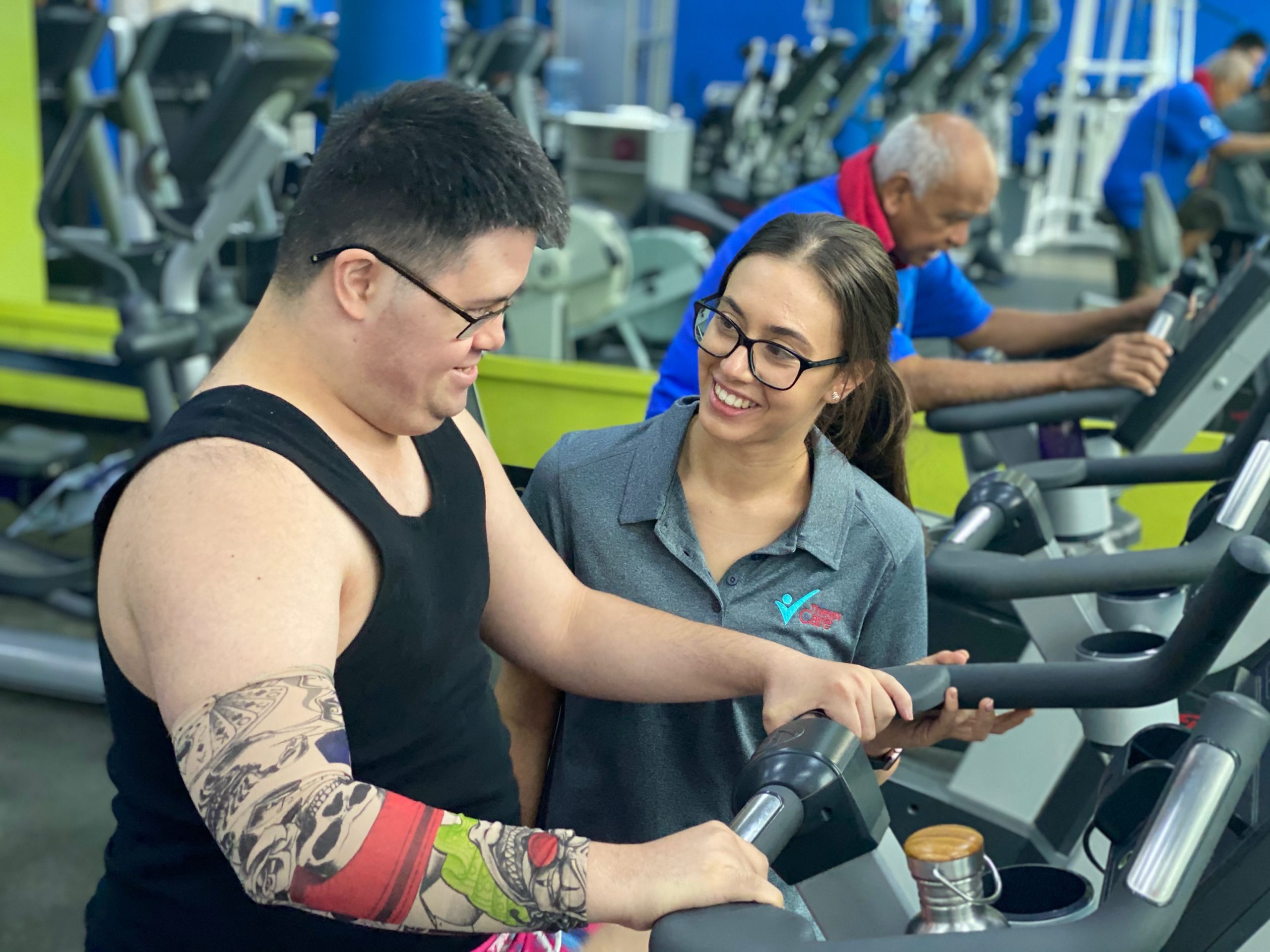
While we’re all missing our regular workouts at the gym and team sports, it’s important to remember that movement is an essential part of our overall health and wellbeing.
Staying at home is the right thing to do at the moment. But more time at home equals longer periods of our bodies remaining stagnant.
Therapy Care’s Allied Health & Services Manager, Natalie Delana, has offered the below tips to keep you moving at home.
Keep it simple
You don’t have to have expensive equipment to get the benefits of exercise. Simply use your body and move it in a way that feels comfortable. Walking, dancing, sit to stands from a chair, or push ups on the wall are great simple and effective exercises that can be done at home.
Small doses often
Maintaining health comes from forming consistent habits that make you feel good. One-hour vigorous exercise workouts twice a week can be daunting. You’re much better off doing something small (and more palatable) every day. Your body needs to move and be exercised every day. So start small and slowly build on your program by adding repetitions, increasing the time or your goal, as you become fitter and stronger.
All movement counts
The sky is the limit when it comes to physical activity and exercise. Any form of how you move your body counts as exercise. Household chores such as cleaning the house or weeding the garden are all a form of movement.
Filling your day with activities that limit the amount of time you spend sitting is a great way to improve your health!
Aim for a minimum of 10 minutes
Exercise can be broken up into small chunks of movement throughout the day if you don’t have the time or stamina for long durations. If this is you, try to start with 10 minutes.
It’s important that movement is continuous for a minimum period of 10 minutes, as it ensures your heart rate rises and you get all the wonderful benefits of exercise, including a nice release of the happy hormone known as endorphins. Each day, try to aim for 30 minutes of movement, remembering this can be broken down into 3 x 10 minute sessions.
Have fun
The key to a successful home exercise program is actually doing it. To increase the chances of you following through with your routine, you have to enjoy it! Think about exercises you’ve previously done and what part of it you liked the most. This is different for everyone.
Here are some of my favourite ways to keep active at home:
• Walking
• Dancing
• Swimming
• Online fitness classes such as Zumba
• Wii-Fit Games
• Kicking a ball (with family members or against a wall)
• Throwing a ball/frisbee (with someone you live with or even a pet)
• Online relaxation and strengthening classes like Yoga and Pilates
• Skipping and Boxing
• Hopscotch
• Obstacle courses (ensure they are soundly constructed and that you can execute the movements safely)
